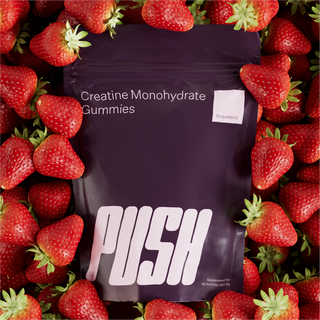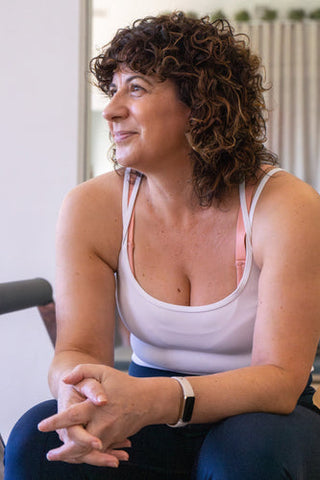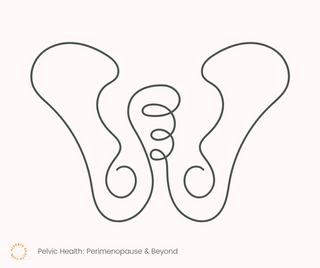A small community lending a big hand: Pink Hope’s CEO shares her cancer story
Pink Hope is a preventative health hub that allows every individual the necessary tools to assess, manage and reduce their risk of breast and ovarian cancer, while providing personalised support for at-risk women.
What is your role at Pink Hope Australia?
I’m the CEO at Pink Hope and being a small charity, I’m involved in everything from operations, programs, finances, marketing, social media, community engagement and more, it’s a very varied role! I’ve been at Pink Hope since September 2020 and took over as CEO in December. I’ve been part of the Pink Hope community for over a decade due to my history of breast cancer and having a BRCA1 genetic mutation.
What was your journey to diagnosis of your cancer?
I was diagnosed at 29 years old and found my tumour by chance when washing in the shower on a holiday in Thailand. I was lucky that it was on the side of my breast and I felt it when washing under my arms. I went to my GP who asked if I had a family history of breast cancer, which I don’t, but luckily despite my age she sent me for an ultrasound. At that appointment, the sonographer was concerned and asked if I had been sick recently as he could see enlarged lymph nodes in my breast. I was referred to a breast clinic and they did a biopsy and told me the next day I had cancer. It was a very aggressive type and I went on to have a lumpectomy and then 6 months of chemotherapy and radiotherapy, I was actually having chemo over my 30th birthday.
What was your journey to now becoming a cancer survivor?
This year I celebrate 16 years cancer free and I feel very fortunate to be here. I’ve lost many friends as well as my beautiful Mum to cancer and I always remind myself how lucky I am that I found my cancer early when it was treatable. Once I found out I had a BRCA1 mutation I was advised to get a bilateral mastectomy and have my fallopian tubes and ovaries removed. A BRCA1 mutation gives you 80-90% chance of breast cancer and 40-60% chance of ovarian cancer. I had my mastectomy and reconstruction in 2010, my fallopian tubes removed in 2013 and my ovaries removed in 2015. Ovarian cancer has very poor survival rates (around 50%) and no screening so it was important that I did this before I was 40.
What is one key thing you would recommend for women in terms of breast/ovarian, or other cancer detection?
Trust your gut, if something doesn’t feel right then get it checked and don’t wait. If your GP or specialist isn’t listening, find another one and get a second opinion.
What is your advice to someone recently diagnosed with breast/ovarian, or other cancers?
- Be kind to yourself, it’s a tough journey and don’t compare yourself to others, we are all different.
- Rest when you need to, it’s important to look after yourself and its ok to say no if you don’t feel like doing something.
- Try and have a good support network around you and learn to be ok with asking for help.
What is your advice to friends and family members of someone recently diagnosed?
- Don’t ask what you can do to help, just do it!
- Create a roster of people who can cook meals, clean, look after their children/pets etc.
- Don’t tell them a story about someone you know who had cancer, especially if it doesn’t end well.
How did you end up at Pink Hope after overcoming your cancer?
It was actually when I found out I had a BRCA1 mutation about 2 years after my cancer diagnosis that I found Pink Hope. I found this part of my “journey” so much harder deal with. When you have cancer it ends with you, when you have a genetic mutation you have your children to worry about and my daughter was 2 when I found out I carried this mutation. I remember feeling very alone and overwhelmed by the decisions I had to make. I googled and found Pink Hope, Australia’s only charity for families with hereditary breast and ovarian cancer. I quickly made many friends who are still my close friends today and became good friends with Krystal Barter the founder of Pink Hope. She called me last year when she wanted to step down as CEO and asked if I would take over.
How can Pink Hope help those seeking information or just general help regarding cancer?
Our website has lots of information and resources to support women going through a cancer diagnosis or those who are at a high risk of cancer. We have lots of digital content such as blogs, expert interviews and webinars, as well as an online support group of incredibly caring and kind women who can help answer any questions and support you through your cancer or high risk journey. We also run She Shares events where women get together for a coffee and many other events throughout the year.
Interviewed By Sascha Czuchwicki







